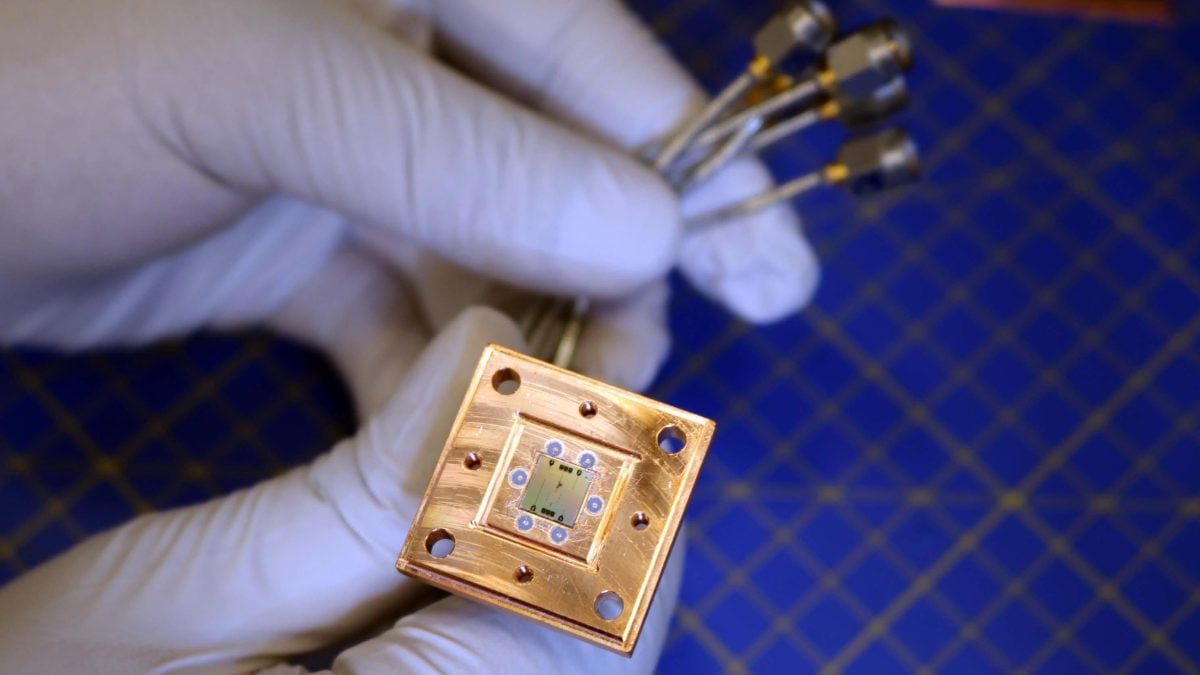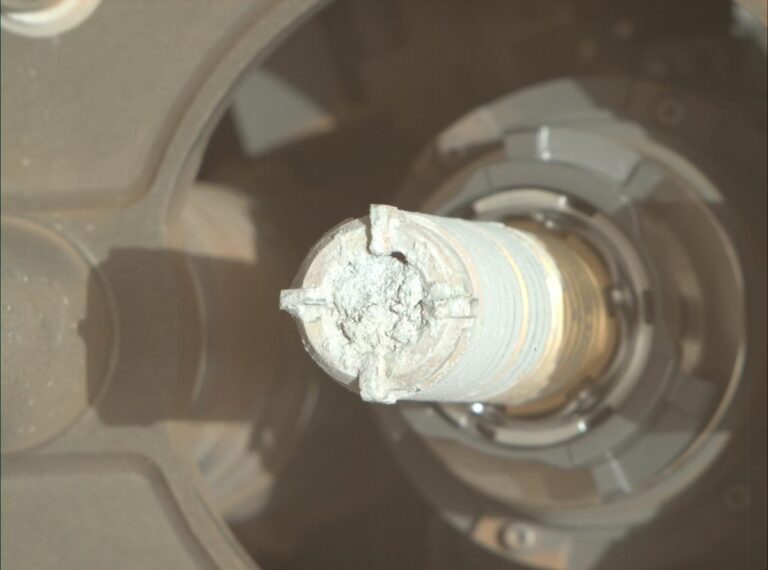The dawn of quantum computing has sparked unparalleled excitement across science and technology, promising solutions to problems that even the fastest classical supercomputers struggle to address.
However, the field faces a fundamental challenge: the fragility of quantum states, which are prone to decoherence. Enter “time freezing” — a groundbreaking approach poised to revolutionize the reliability of quantum computers.
What is Time Freezing in Quantum Computing?
At the heart of quantum computing lies the qubit, the quantum counterpart to classical computing bits. Unlike classical bits, qubits can exist in multiple states simultaneously (thanks to quantum superposition). However, qubits are highly sensitive to environmental noise, causing them to lose their state — a phenomenon known as decoherence.
Time freezing leverages advanced techniques, such as dynamic decoupling, to “pause” or stabilize the quantum state. By applying precise sequences of electromagnetic pulses, researchers can isolate qubits from environmental interference, effectively extending their coherence time.Why Time Freezing is a Game-Changer
1. Enhanced Reliability: The technique significantly reduces errors, enabling more accurate quantum calculations.
2. Scalability: By stabilizing quantum states, researchers can design larger, more complex quantum systems.
3. Wider Applications: Reliable qubits open the door to advancements in cryptography, drug discovery, and optimization problems.
The Road AheadWhile still in its early stages, time freezing represents a monumental leap toward practical quantum computing. Researchers are refining the technology to ensure its compatibility with emerging quantum architectures. As time freezing matures, it could pave the way for a new era of computational breakthroughs.

















+ There are no comments
Add yours